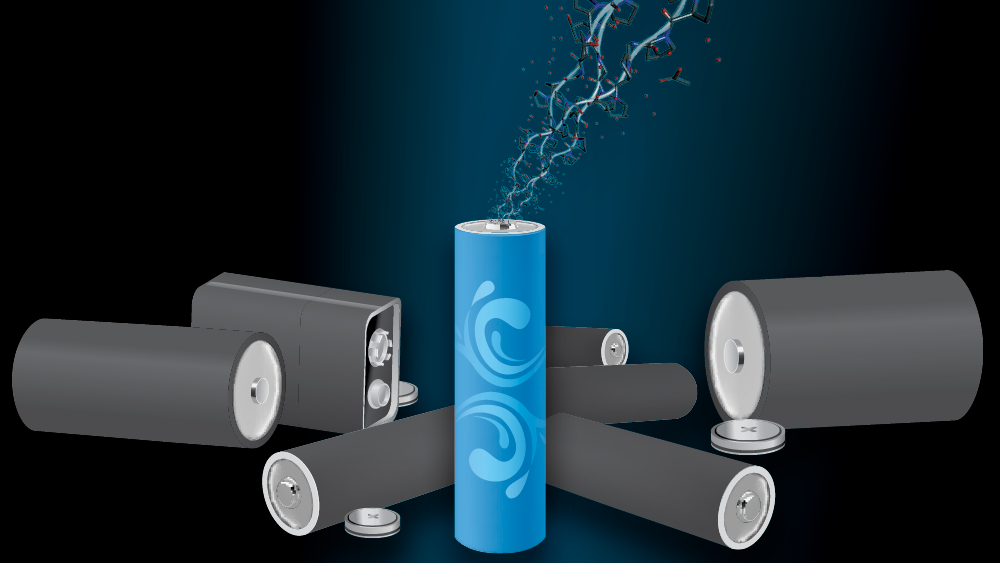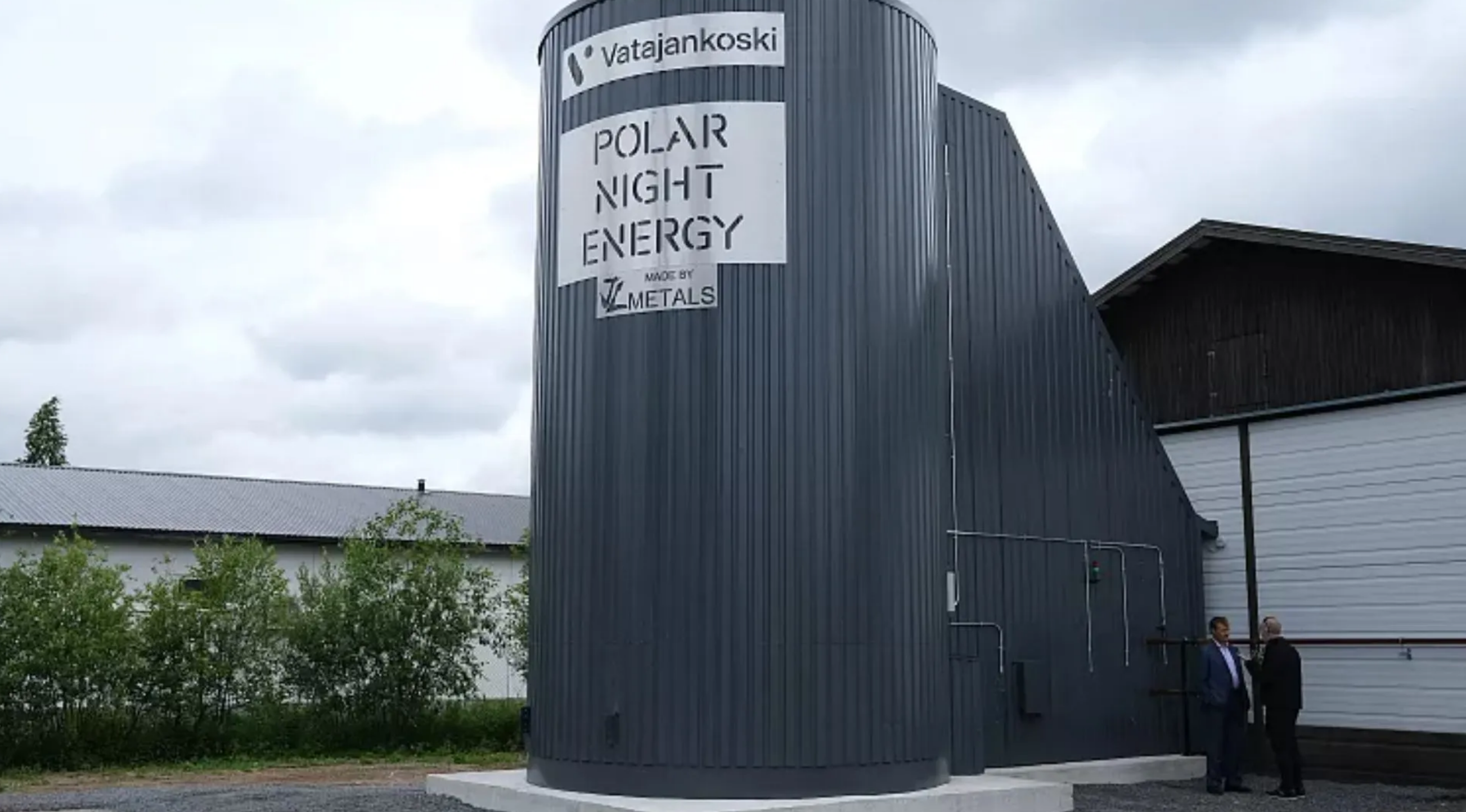As the world grapples with pressing environmental challenges, the field of engineering is evolving rapidly to embrace sustainable practices. Today’s engineers are at the forefront of developing innovative solutions that promote energy efficiency, resource conservation, and environmental protection. Recognizing the critical role of education in this transformation, engineering programs worldwide are beginning to integrate green technologies into their curricula. This article explores how sustainable education is being woven into the training of future engineers, preparing them to take charge of crafting a more sustainable future. By examining the shift towards incorporating sustainability in engineering education, we aim to highlight the importance and impact of this paradigm shift in teaching methodologies.
The Need for Sustainable Engineering Education
The urgency to embed sustainability in engineering education cannot be overstated. Engineers play a pivotal role in designing and implementing systems that impact the environment and society at large. From constructing energy-efficient buildings to developing renewable energy systems, the decisions made by engineers today will shape the ecological footprint of tomorrow. However, traditional engineering curricula have often prioritized technical skills over environmental considerations, leaving a significant gap in education that must be addressed to meet contemporary global challenges.
To bridge this gap, educational institutions must revise their curricula to include essential topics on sustainability. Students need to be exposed to courses that emphasize the environmental impacts of engineering practices, renewable energy technologies, and sustainable materials management. This holistic approach ensures that graduates are not only skilled in engineering principles but also versed in sustainable practices that can drive positive environmental changes.
Moreover, integrating sustainability into engineering education often requires external resources and examples that students can relate to and learn from in a practical context. Services like WritePaper are increasingly popular among students who seek assistance with complex topics, including sustainability. For instance, a student might use WritePaper to write my paper on innovative waste management systems, helping them understand both the theoretical and practical aspects of sustainable engineering solutions.
Curriculum Development for Sustainable Engineering
Developing a curriculum that adequately covers sustainable engineering is crucial for preparing the next generation of engineers. This curriculum should encompass a wide range of topics that reflect the current needs and future directions of the industry. Key areas might include the study of renewable energy sources such as solar and wind power, the design of energy-efficient machines and structures, and strategies for reducing carbon footprints in various engineering processes.
Incorporating these topics into the curriculum can be achieved through traditional lectures, but the inclusion of project-based learning is particularly effective. This method allows students to engage directly with real-world problems, applying their knowledge to develop tangible solutions that promote sustainability. For example, a capstone project could involve designing a small-scale solar power setup for a local community, giving students hands-on experience with both the technical and societal aspects of engineering solutions.
By emphasizing project-based learning, educational institutions can provide a more dynamic and impactful learning experience. This approach not only enhances the understanding of theoretical concepts but also fosters a practical and proactive mindset among students, equipping them with the skills and attitudes necessary to lead in the transition toward sustainable engineering practices.
Case Studies: Universities Leading the Way
Several universities around the globe are setting precedents in integrating sustainability into their engineering curricula, proving that a green approach to engineering education is both viable and beneficial. The Massachusetts Institute of Technology (MIT) in the USA, for instance, offers a comprehensive program in environmental engineering that includes courses on sustainable energy systems and waste management. Similarly, the Technical University of Denmark (DTU) focuses heavily on renewable energy technologies, providing students with practical research opportunities in wind energy and biofuels.
At the Delft University of Technology in the Netherlands, students can engage in specialized tracks that emphasize sustainable urban development and eco-friendly materials. These programs often collaborate with industry leaders to ensure that the curriculum remains relevant and that students gain valuable experience through internships and applied research projects. The success of these programs is evident not only in their popularity among students but also in the impactful careers that graduates go on to pursue, many of whom lead major sustainable engineering projects worldwide.
Challenges in Adopting a Green Curriculum
Despite the clear benefits, transitioning to a sustainability-focused engineering curriculum presents several challenges. One of the primary obstacles is the need for substantial funding to develop new courses and to update laboratory equipment to support new green technologies. Furthermore, there is often a shortage of faculty who are adequately trained to teach new content related to sustainability, which can slow the integration of these topics into existing programs.
Resistance to change from both educators and industry professionals accustomed to traditional engineering approaches can also hinder progress. Overcoming these barriers requires concerted efforts from all stakeholders involved, including educational institutions, government bodies, and industry leaders. Strategies to address these challenges include investing in faculty development programs, forming partnerships with industries to provide practical experiences and funding, and encouraging a culture of innovation and openness to new teaching methodologies and course content.
Conclusion
The integration of sustainability into engineering education is crucial for preparing a new generation of engineers equipped to tackle the environmental challenges of today and tomorrow. As demonstrated by leading universities, a curriculum that includes green technologies not only enhances the educational experience but also prepares students for successful careers that make a positive impact on the world.
Encouragement from all levels of governance, continual curriculum assessment, and adaptation, as well as collaboration between academia and industry, is essential for sustaining progress. By embracing these changes, educational institutions can ensure that future engineers will not only thrive in their careers but will also contribute to a sustainable future.
The journey toward sustainable education in engineering is challenging, yet it is one of the most important steps towards achieving a greener and more sustainable world. It is imperative that more institutions follow the lead of those already pioneering this path and that resources continue to be allocated to support this vital transition. The commitment to a sustainable curriculum will serve not just students and the field of engineering but society as a whole, paving the way for innovative solutions to the most pressing environmental issues of our time.







